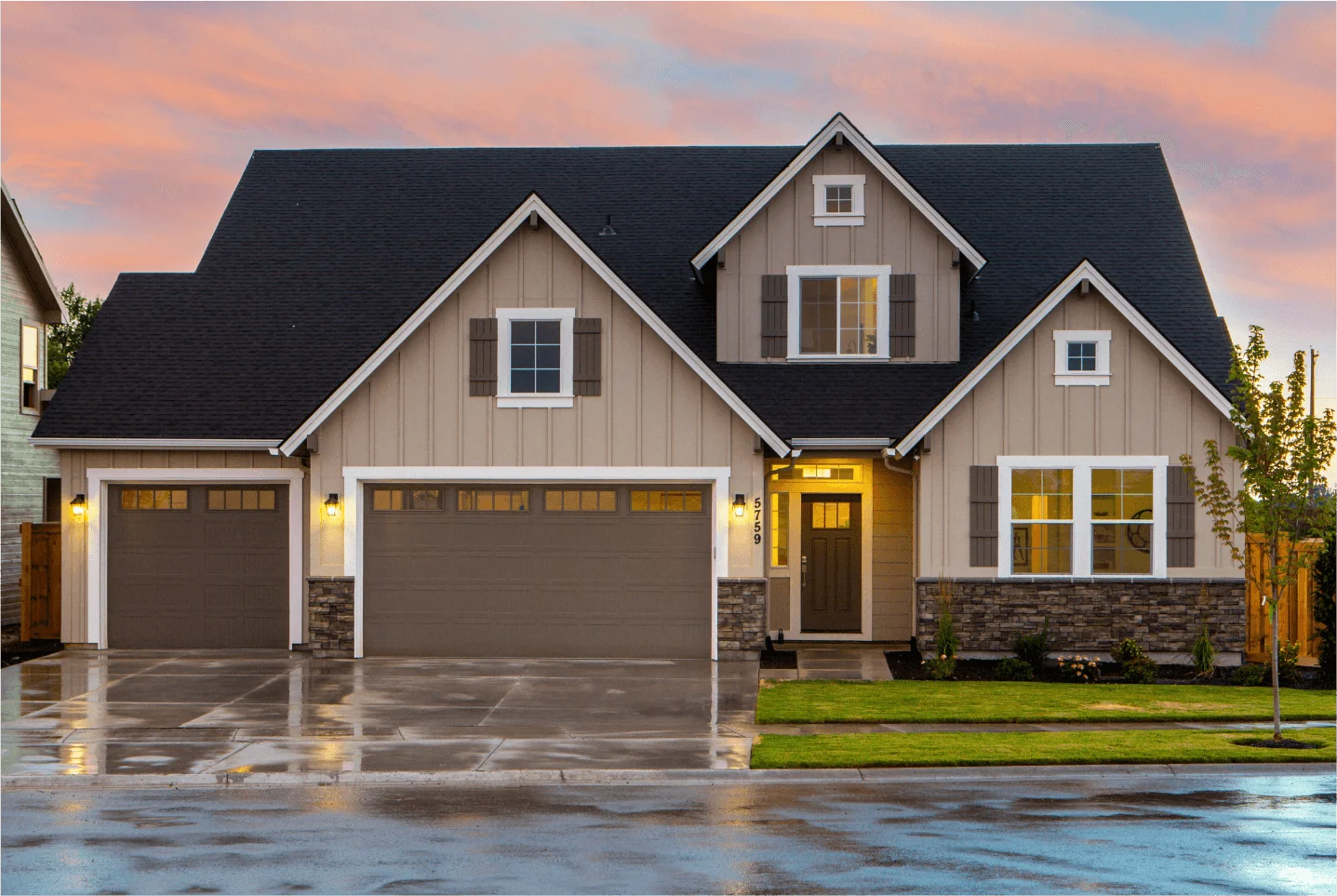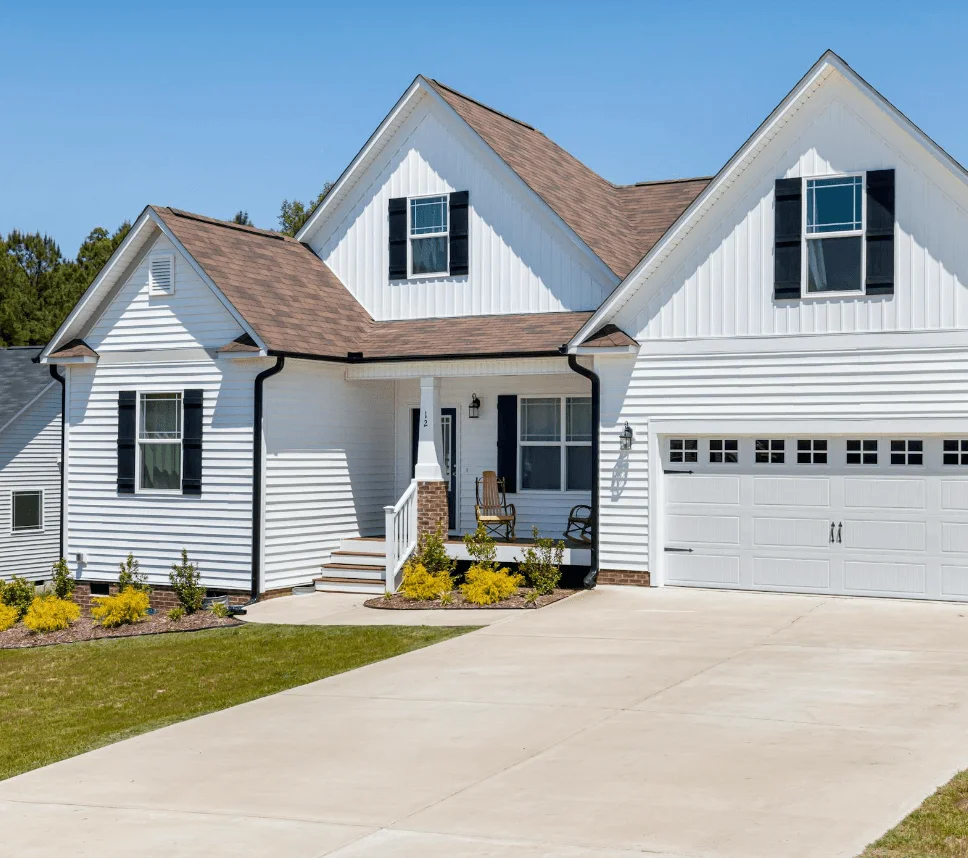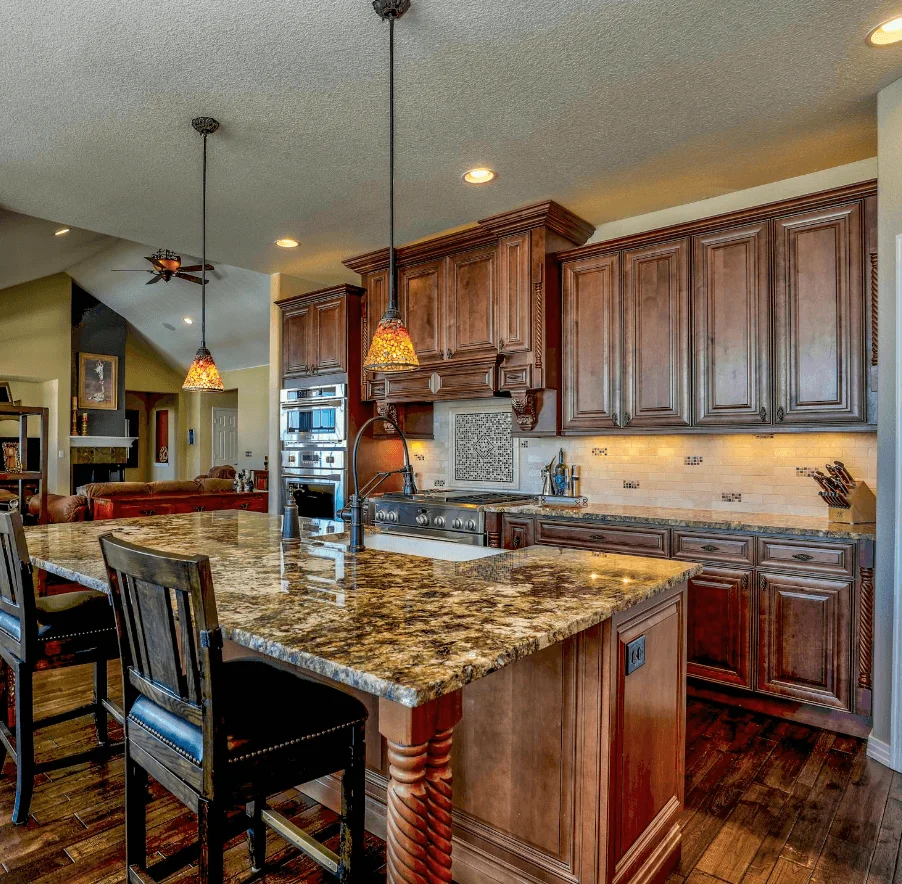
Learn why newly built homes might be your most budget-friendly option.

Buying a home is a major decision that requires careful planning and research. Here are some of the factors that you should consider when purchasing a home, which impact everything from the type of home you should purchase, the type of mortgage you obtain, and how you price that mortgage.

Refinancing into a lower interest rate can be a smart financial move. By refinancing, homeowners can lower their monthly mortgage payment, reduce the total amount of interest paid over the life of the loan, and potentially shorten the term of the loan. All these options result in savings. The key question is how to structure the refinance.

A reverse mortgage is a financial product designed for homeowners aged 62 or older. Unlike a traditional mortgage where you make monthly payments to the lender, a reverse mortgage allows you to tap into your home equity without any immediate repayment obligations. Instead, the loan balance accumulates over time, and repayment typically occurs when you sell the home, move out, or pass away.

Reverse mortgages can be a viable option for seniors looking to supplement their retirement income. A reverse mortgage is a type of loan that allows homeowners aged 62 or older to convert a portion of their home equity into cash. The loan is repaid when the borrower dies, sells the home, or moves out.

By understanding and preparing for the refinance appraisal process, you can better navigate your mortgage refinancing and potentially secure more favorable loan terms.

Let'a talk about maximizing your tax benefits with home equity loan deductions.

There are several ways to receive funds from the proceeds of a reverse mortgage.

A reverse mortgage can be a helpful retirement tool for homeowners aged 62 or older with substantial home equity.

A VA loan is a mortgage loan that is guaranteed by the Department of Veterans Affairs (VA) and is available to eligible veterans, active-duty service members, and surviving spouses.

Private mortgage insurance (PMI) is a type of insurance that conventional mortgage lenders require when homebuyers put down less than 20 percent of the home’s purchase price.

The Home Equity Conversion Mortgage or HECM (heck´-um)—also known as a Reverse Mortgage—is a safe and increasingly common retirement income tool that can effectively improve your cash flow and help your assets last longer.

Discover the key differences between jumbo loans and conventional options to make informed home financing decisions.

Finding the right loan can be overwhelming. Discover how FHA loans could be the solution you've been searching for.

Proprietary reverse mortgage lenders offer variations on the traditional reverse mortgage product to meet the needs of certain borrowers. These variations include offering reverse mortgage products to borrowers 55 years of age or older in California.

If you're curious whether your desired neighborhood currently offers favorable conditions for buyers, here are practical ways to determine it.

Many retirees are looking to proactively establish a safety net for possible future unexpected expenses. Oftentimes borrowers look to Home Equity Lines of Credit (HELOC) as a potential solution.

One of the most attractive and powerful features of a HECM reverse mortgage is the line of credit option, which allows eligible homeowners to access their funds as a lump sum, fixed monthly payment, or line of credit.

Closing costs are associated with every Real Estate transaction. These costs are an essential part of the homebuying process and can significantly impact your overall expenses.

The process of determining the market value of real estate is both an art and a science